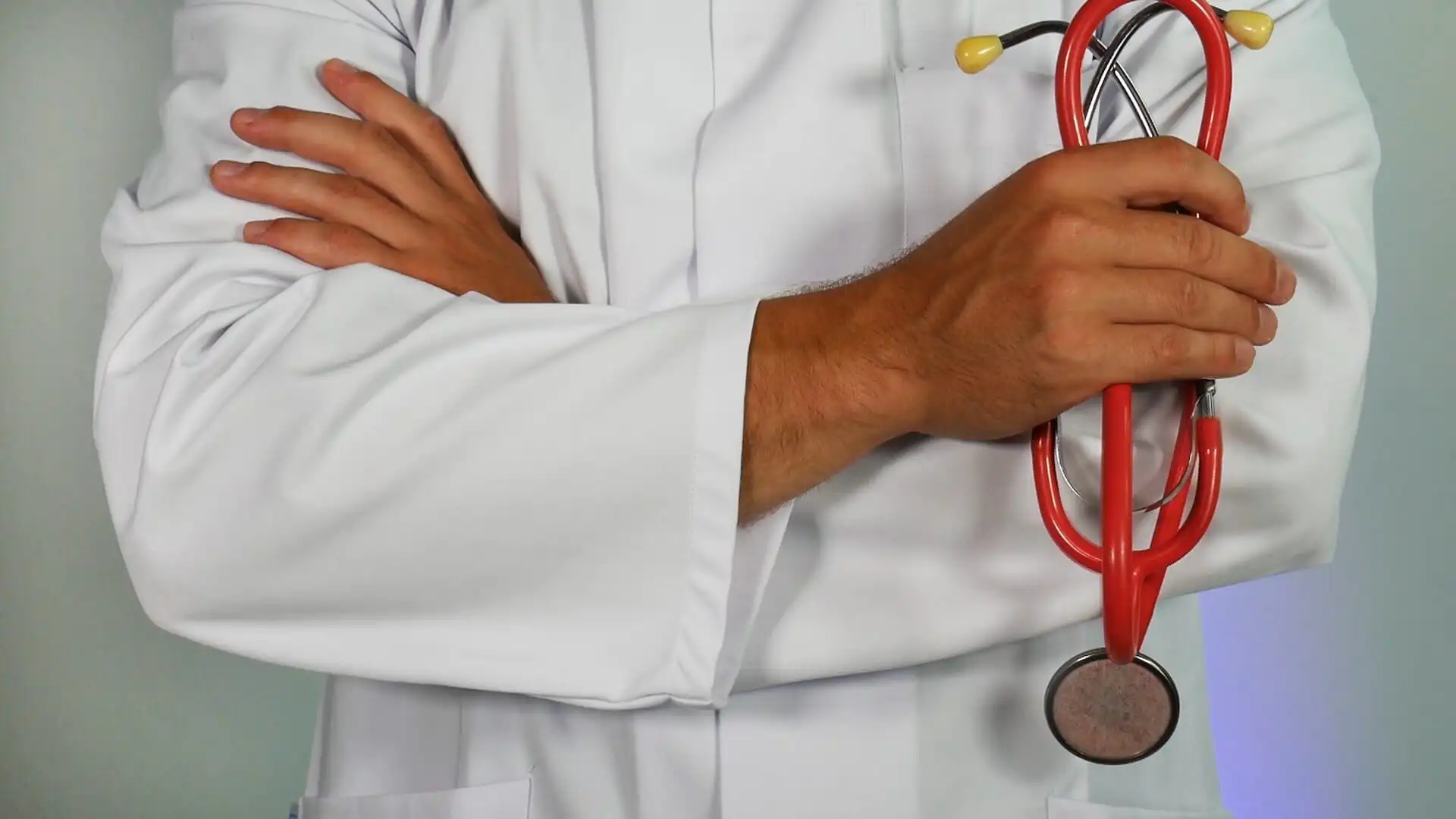South Carolina Medical Boards: Role in Medical Malpractice

When most people think about medical malpractice, they often consider the role of healthcare providers, lawyers, and courts. However, medical boards play a crucial role in ensuring healthcare quality and are instrumental in addressing issues that may arise in malpractice cases. This blog post explores the role and influence of medical boards in South Carolina, particularly in relation to medical malpractice claims.
What are Medical Boards?
In the simplest terms, medical boards are oversight bodies responsible for regulating medical professionals’ conduct and practice within a specific jurisdiction. In South Carolina, the primary authority is the South Carolina Board of Medical Examiners. Their scope includes licensing healthcare providers, administering disciplinary actions, and investigating complaints against healthcare professionals, among other duties.
Role in Medical Malpractice Cases
Licensing and Certification
One of the initial ways medical boards impact malpractice is through licensing. In order to practice medicine, a healthcare provider must be licensed by the state board. In the event of a malpractice claim, one of the first things checked is the legitimacy of the healthcare provider’s license.
Investigating Complaints
When a complaint or a lawsuit for malpractice is filed, the medical board may also conduct its own investigation. Their inquiry could affect a healthcare provider’s license or lead to other disciplinary actions.
Establishing Standards of Care
Medical boards help set the standards of care, which often play a pivotal role in medical malpractice cases. In court, the established standards could serve as benchmarks to determine whether a healthcare provider’s conduct has deviated from accepted norms.
Public Records
Disciplinary actions taken by medical boards are usually public record. This means that potential evidence could be gleaned from past disciplinary actions against a healthcare provider, aiding in a malpractice case.
Consultation and Testimony
Occasionally, members of medical boards or expert witnesses recommended by them may be called upon to provide testimony in malpractice cases. Their expertise can significantly impact the direction and outcome of a case.
Challenges and Considerations
It’s important to note that while medical boards do provide an additional layer of oversight, their main focus is often on the licensing and regulation of medical professionals, rather than acting as an advocate for injured patients. The process of dealing with medical boards can be protracted and is not a substitute for legal action in cases of malpractice. Moreover, their internal investigations are not as transparent as court proceedings, making it difficult to ascertain the details.
Conclusion
Understanding the role of medical boards in South Carolina adds another layer of depth to the intricacies involved in medical malpractice cases. While they are essential for maintaining the standards of healthcare, their influence in malpractice cases is indirect yet significant. If you have been involved in a medical dispute, seek the help of a skilled attorney today.

